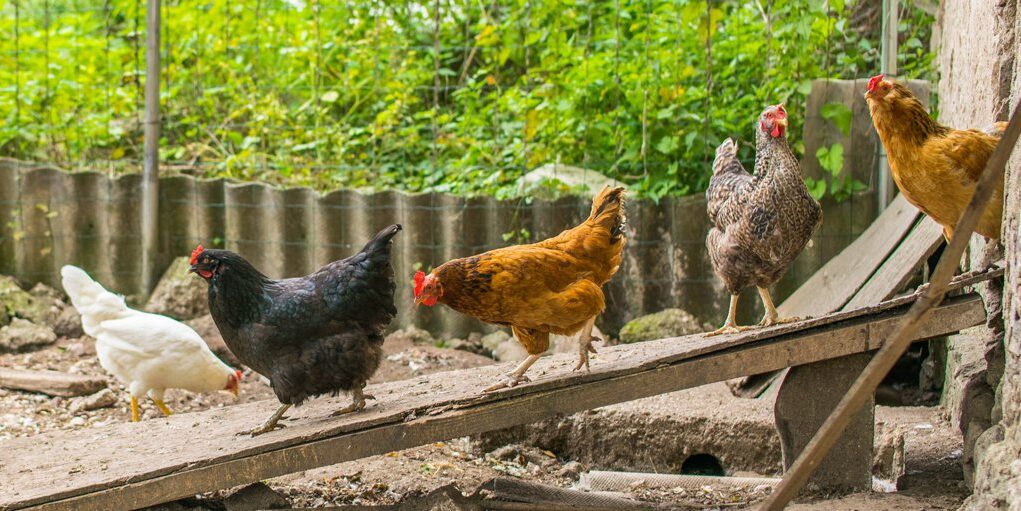Maintaining clean eggs in your chicken coop is essential for the health of your flock and the quality of the eggs. Wondering how to keep eggs clean in nesting box? Its a common question among chicken keepers who strive for the best egg quality possible. Cleanliness in the nesting box not only ensures healthier eggs but also improves the environment for your chickens.
Many chicken owners believe that cleanliness directly affects the taste and quality of the eggs. It’s quite a rewarding experience to open a nesting box and find pristine eggs ready for your breakfast table. Now let’s dive into some practical strategies to keep those nesting boxes spotless.

Understanding the Importance of Clean Eggs
Clean eggs are important for a variety of reasons. Visually, we prefer eggs free from dirt and feathers. More importantly, eggs with clean shells reduce the risk of contamination and disease. Dirty eggs are more likely to carry harmful bacteria like Salmonella.
Why Clean Eggs Matter
For the freshest and safest consumption, ensuring eggs remain clean from the moment they’re laid is crucial. This also preserves the natural protective layer on the shell, which aids in prolonging shelf life. For more insights on egg quality, read about egg nutrition facts.
Designing the Perfect Nesting Box
Creating a comfortable and clean-living space for your hens is essential in keeping eggs clean in the nesting box. This begins with well-designed chicken coops and nesting boxes. Your hens need the right environment to thrive and lay clean eggs.
The Ideal Nesting Box
The right nesting box should be private, clean, and comfortable. Ensure that they are the right size for your chickens, allowing them some privacy while laying. Nesting boxes should be raised off the ground to prevent dirt and debris from easily entering.
Ventilation and Lighting
Good ventilation prevents moisture buildup, leading to cleaner boxes. Additionally, proper lighting encourages laying and assists in keeping boxes dry. To understand how lighting can impact egg production, check the effects of daylight on your hens.
Choosing the Right Bedding
Bedding plays a critical role in maintaining clean eggs. It serves as cushioning, keeping eggs intact and debris-free.
Types of Bedding
Straw, pine shavings, and paper-based materials are commonly used beddings for nesting boxes. Each offers unique benefits, from odor control to eco-friendliness.
Regular Replacement
Replace bedding frequently, at least once a week, to maintain cleanliness. The fresher the bedding, the cleaner the eggs. More fresh ideas on chicken care can be found at Freedom Ranger Hatchery.
Cleaning Routine for Nesting Boxes
A consistent cleaning routine is the foundation of clean eggs. Your cleaning schedule can make all the difference.
Daily Cleaning Practices
Check the nesting boxes daily for broken eggs or excess manure, and remove debris as needed. A quick daily tidy-up goes a long way.
Deep Cleaning Sessions
Once a month, remove and sanitize all parts of the nesting boxes. Use a non-toxic cleaner to scrub and disinfect the area.
Encouraging Hens to Use Nesting Boxes
Convincing your hens to lay in the nesting boxes is half the battle. Sometimes, they lay in unsupervised areas, leading to dirtier eggs.

FAQs
How can I keep my nesting boxes dry?
Use absorbent bedding materials and ensure proper ventilation to keep moisture levels down.
What if eggs are still dirty?
Consider improving your cleaning routine and check if hens are laying outside the designated areas.
Why is it important to gather eggs daily?
Collecting eggs daily reduces the risk of them becoming dirty or cracked and helps maintain shell quality.
This article contains affiliate links. We may earn a commission at no extra cost to you.










